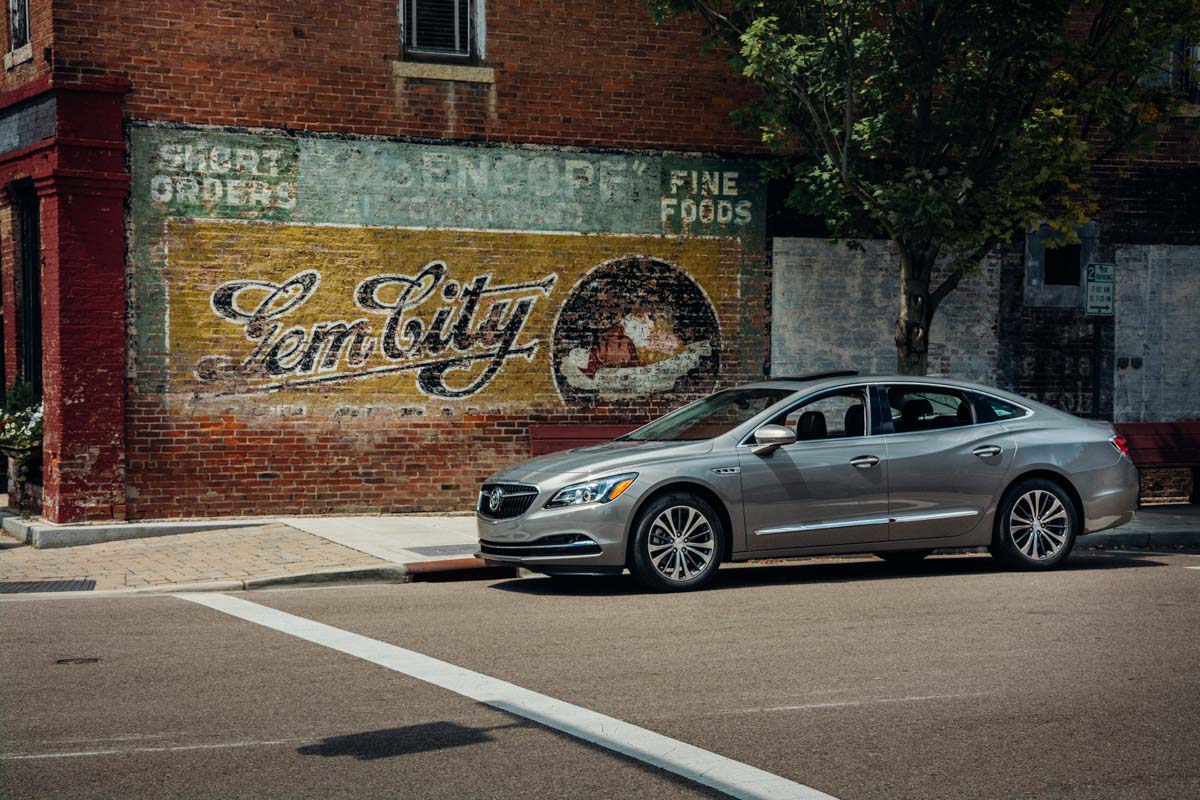In today’s world, owning a vehicle is not just a luxury but often a necessity. However, for those with less-than-perfect credit scores, securing financing can be an uphill battle. This is where credit acceptance dealers, like Dave Says Yes, come into play. These dealers specialize in helping customers with varying credit histories get behind the wheel of a reliable car.
What is a Credit Acceptance Dealer?
A credit acceptance dealer is a car dealership that partners with lenders to offer financing solutions specifically tailored for individuals with poor or limited credit histories. Unlike traditional dealerships that may turn away customers with financial challenges, credit acceptance dealers provide a lifeline by working closely with lenders to secure financing that would otherwise be unavailable.
How Does the Process Work?
At Dave Says Yes, the process begins with understanding the customer’s financial situation. Our team is committed to listening and evaluating each case on its merits, ensuring that we offer a personalized approach to car financing. Here’s how it works:
Customer Consultation: We start by discussing the customer’s budget, credit history, and automotive needs. This helps us tailor the best possible financing solution.
Flexible Financing Options: We collaborate with a network of lenders that specialize in subprime lending. This allows us to offer flexible financing solutions, which might include longer loan terms or lower down payments, making the monthly payments more manageable.
Unique Programs and Offers: At Dave Says Yes, we offer special programs such as trade-in bonuses or referral incentives to help ease the financial burden on our customers. These programs are designed to provide additional value and support during the car-buying journey.
Structuring Deals to Fit Individual Needs
Our ultimate goal is to ensure that customers drive away in a vehicle that fits their lifestyle and budget. Here are a few examples of how we structure deals:
Deferred Payment Options: For some, immediate cash flow might be a concern. We offer deferred payment options that allow customers to start their payments after a set period.
Tailored Loan Terms: We work with lenders to negotiate loan terms that align with the customer’s financial situation, whether that means adjusting interest rates or the length of the loan.
Success Stories: Real-World Impact
Our customers’ success stories are the heart of what we do. Take Sarah, for instance, who faced financial difficulties following a job loss. With a low credit score, she struggled to find a dealer willing to finance a car. At Dave Says Yes, we evaluated her entire financial picture and offered her a manageable financing option. Today, Sarah is not only back on the road but has also improved her credit score by making timely car payments.
Actionable Advice for Potential Buyers
If you’re considering this financing option, here are a few tips to ensure a smooth car-buying experience:
- Know Your Budget: Understand what you can afford in terms of monthly payments and down payment.
- Check Your Credit: Before visiting the dealership, get a copy of your credit report. This will help you understand your financial position better.
- Be Open and Honest: Transparency about your financial situation will enable us to tailor the best financing solution for you.
- Consider All Options: Don’t hesitate to explore various vehicles and financing terms. Flexibility is key to finding the right fit.
At Dave Says Yes, we believe that everyone deserves the opportunity to own a reliable vehicle, regardless of their credit history. Our commitment to our customers is unwavering, and we strive to make the car-buying experience as stress-free and rewarding as possible. Visit us today to explore how we can help you say “yes” to your next vehicle!
















